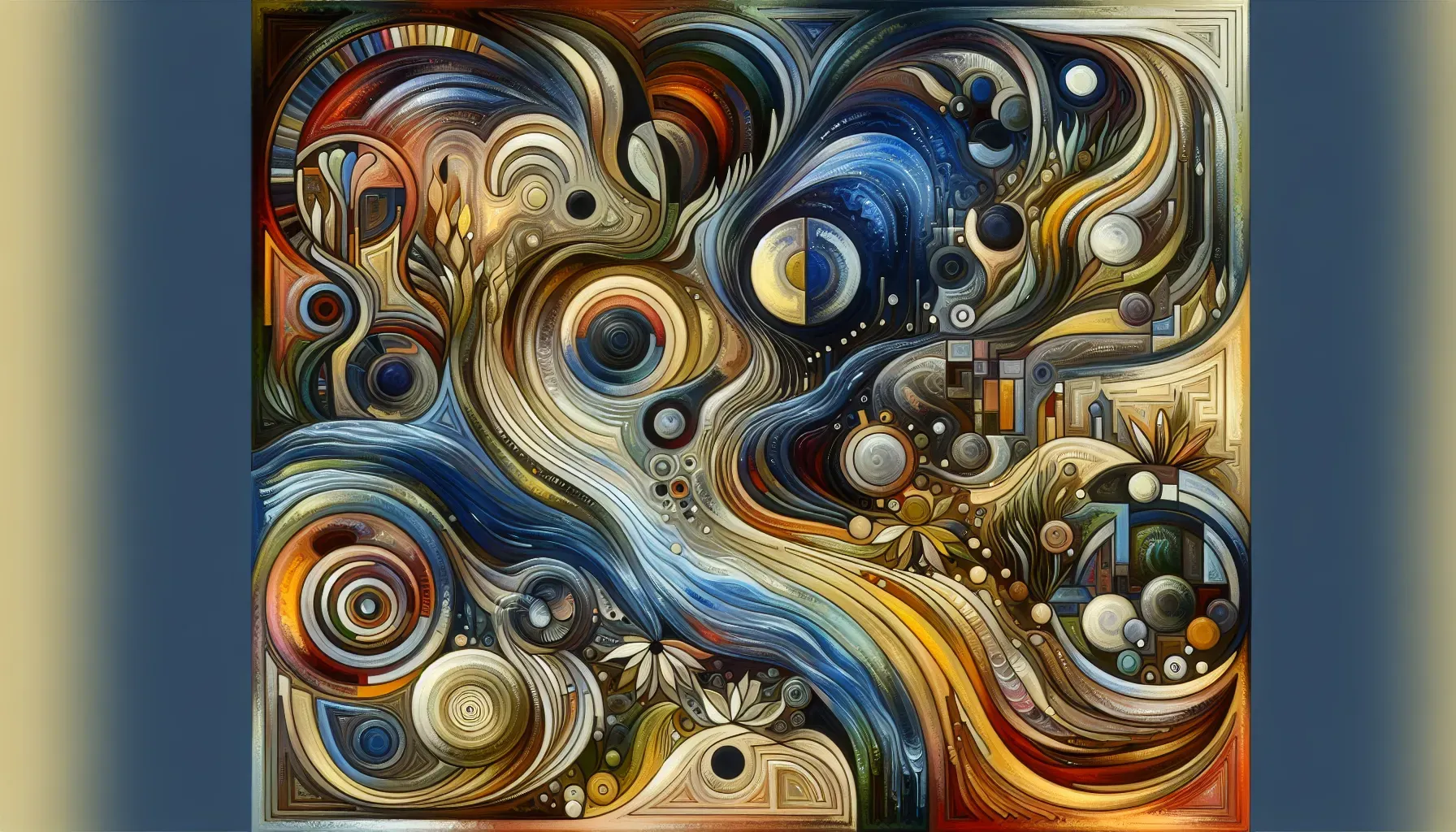Embracing Autistic Traditions: Cultural Influences Shaping Support Practices

Autism care has historically been influenced by a diverse array of cultural practices, with indigenous healing methods playing a significant role. As we look to the future, it's essential to explore how these age-old traditions can continue to shape and enhance the support provided to autistic children.
Indigenous cultures have long held valuable wisdom in their traditional healing practices. These approaches often center on holistic wellbeing, focusing on the interconnectedness of mind, body, and spirit. As we move forward, it's crucial to recognize the potential benefits of integrating indigenous healing practices into mainstream autism care. By doing so, we can embrace a more comprehensive and culturally sensitive approach that resonates with autistic children and their families.
Indigenous Healing Practices in Autism Care
Cultural festivals and traditions play a vital role in shaping community support for autistic individuals. These events provide opportunities for inclusivity, understanding, and celebration of neurodiversity. Looking ahead, embracing and expanding these cultural festivities can foster an environment where autistic children feel embraced and valued within their communities.
Cultural Festivals and Their Impact on Autism Support
In the future, the fusion of modern therapeutic interventions with time-honored remedies presents an exciting prospect for enhancing autism care. By leveraging the strengths of both approaches, we can create tailored support systems that address the diverse needs of autistic children while respecting and integrating traditional healing methods.
Cultural practices and beliefs have the power to nurture resilience within autistic children. Whether through storytelling, art therapy rooted in cultural symbolism, or community rituals, these practices hold the potential to instill a sense of belonging and strength. Embracing such practices in future autism care can significantly contribute to the emotional and psychological well-being of autistic individuals.
Related Article: Cultivating Compassionate Communities: Collaborative Efforts in Fostering Inclusive Environments for Autistic Children
Modern Therapies and Traditional Remedies Combined
The integration of indigenous wisdom offers a holistic perspective that goes beyond mere symptom management. It encourages a deeper understanding of each autistic child as part of a larger cultural tapestry. By acknowledging and incorporating indigenous wisdom into holistic autism support, we pave the way for more inclusive, empathetic, and sustainable care practices.
Nurturing Resilience Through Cultural Practices
As we look to the future, acknowledging multicultural perspectives on resilience building becomes paramount in autism care. Embracing diverse cultural viewpoints can lead to innovative approaches that foster harmony among diverse communities while nurturing the resilience of autistic children in culturally affirming ways.
Related Article: The Intersection of Emotional Intelligence and Teamwork: Unveiling the Power of Collaboration in Autism Support
Integrating Indigenous Wisdom into Autism Support
Reimagining neurodiversity through indigenous perspectives opens doors to nuanced understandings of autism within cultural contexts. It invites us to expand our conceptualization of autism beyond clinical frameworks and embrace cultural nuances that shape the lived experiences of autistic individuals. This reimagining promises to enrich autism support services with greater depth and sensitivity.
Cross-cultural support networks hold immense potential in empowering families of autistic children. By fostering connections across diverse cultural communities, these networks can offer invaluable insights, mutual aid, and shared experiences that bolster familial resilience and advocacy efforts. Empowering families through cross-cultural support networks ensures that they are equipped with culturally relevant resources and support systems tailored to their unique needs.
Multicultural Perspectives on Resilience Building
The future of autism care lies in embracing cultural traditions, weaving together indigenous wisdom with modern practices, and fostering inclusive environments where autistic children thrive within their diverse cultural contexts. As we navigate this horizon, honoring diversity and leveraging cultural influences will be pivotal in shaping more comprehensive and empathetic support for autistic individuals.
Frequently Asked Questions
Cultural festivals are essential in autism care as they promote inclusivity and understanding. These events celebrate neurodiversity and provide a platform for autistic individuals to feel valued within their communities. By embracing these traditions, we can create supportive environments that foster acceptance and belonging for autistic children and their families.
Indigenous healing practices emphasize holistic well-being by focusing on the interconnectedness of mind, body, and spirit. Integrating these methods into autism care can enhance support for autistic children, offering culturally sensitive approaches that resonate with their unique needs and those of their families, ultimately leading to more effective care.
Cross-cultural support networks empower families by providing valuable insights and shared experiences. These networks foster connections across diverse cultural communities, ensuring families have access to culturally relevant resources and support systems tailored to their unique needs. This approach enhances familial resilience and advocacy efforts in autism care.
Check Out These Related Articles

Cultural Sensitivity in Autism Care: Embracing Heritage and Diversity for Holistic Support

Inclusive Playtime: Making Leisure Activities Enjoyable for Autistic Children

Crowdsourcing Creativity: Revolutionizing Autism Support Through Collective Wisdom
